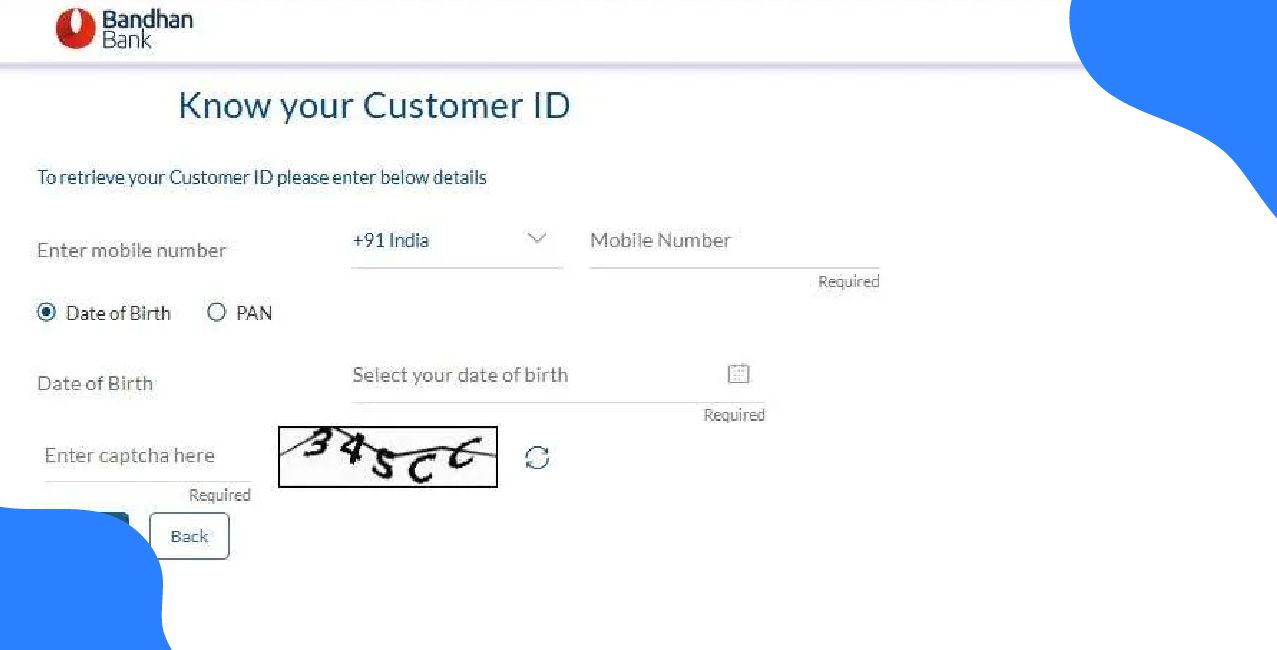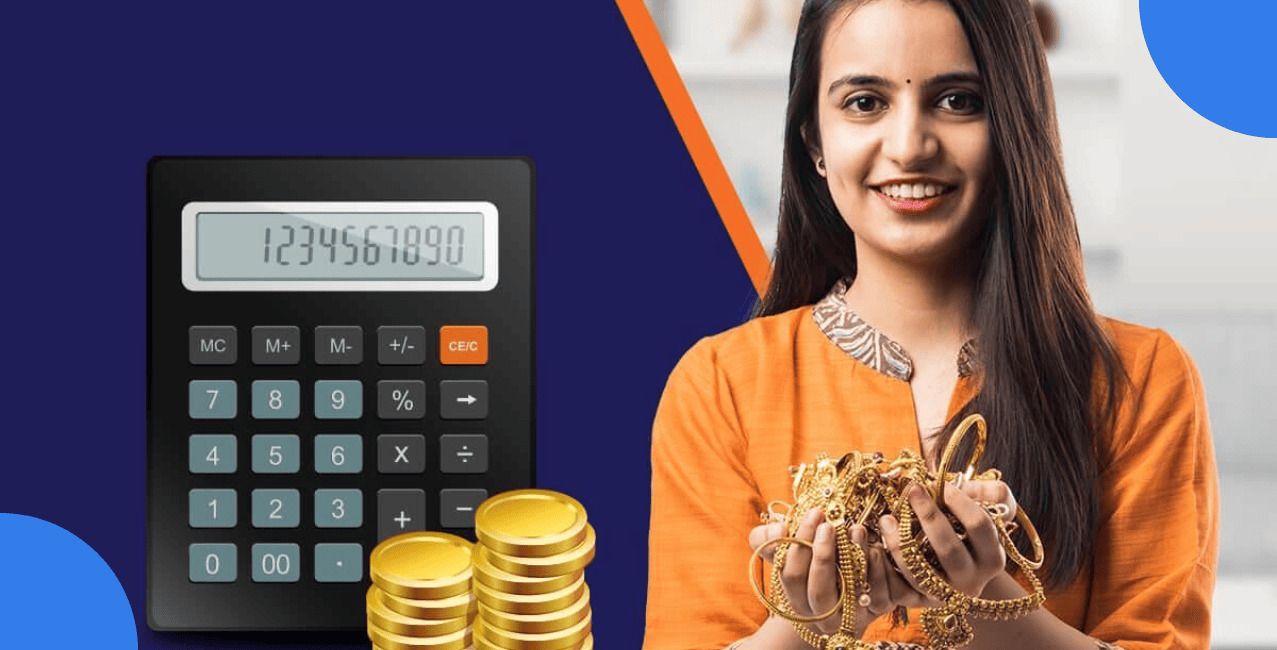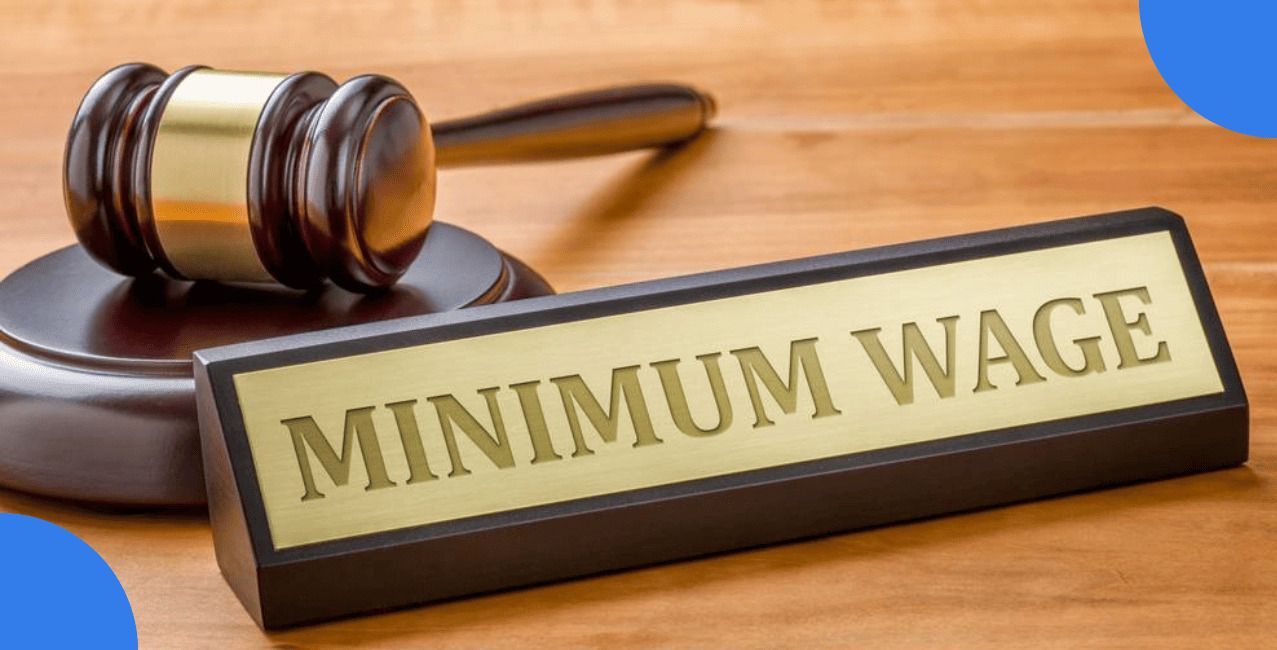How To Earn More Interest On Your Savings In 2025?

Check Your Loan Eligibility Now
By continuing, you agree to LoansJagat's Credit Report Terms of Use, Terms and Conditions, Privacy Policy, and authorize contact via Call, SMS, Email, or WhatsApp
Nidhi and Ronak both had ₹5,00,000 in their savings accounts. Nidhi kept hers in a standard account earning 3% per year. But Ronak shifted his funds to a high-interest savings account offering 7%.
After one year, Ronak had ₹20,000 more. Now you must be wondering what the difference is. The only difference is that Ronak made a better choice. Most of us open a savings account for safety and convenience, but only a few make the most of it.
If you think that just letting your money sit idle in a regular account will build your wealth, then you are wrong. With a bit of planning, you can earn significantly higher interest with minimal effort and risk.
Read More - How to Calculate Interest?
1. Pick A Savings Account With Higher Interest
You might know that interest rates on your savings accounts vary a lot. The following is a quick comparison:
Bank Type | Interest Rate (Approx.) | Interest on ₹1,00,000 (1 year) |
Large Traditional Bank | 3% | ₹3,000 |
Small Finance Bank | 7% | ₹7,000 |
You can see that simply by choosing the right bank you can earn over twice the return for the same amount.
2. Keep A Higher Average Balance
Many banks are offering interest based on slabs. If your balance falls within a higher slab, you earn a better rate. For this you do not need to move banks, you just need to maintain the right average.
Example:
Balance Slab | Rate | Interest on ₹2,00,000 |
₹10,000 to ₹50,000 | 3% | ₹6,000 per year |
₹1,00,000 to ₹2,00,000 | 6.5% | ₹13,000 per year |
If your account generally holds over ₹1,00,000 then check with your bank if you are getting a slab-based rate.
3. Use The Sweep-In Facility
This feature links your savings account with a fixed deposit. When your balance crosses a set limit (like ₹25,000), the extra money is moved to a fixed deposit. This earns a much higher rate, typically 6.5% to 7.5%.
Namrata’s case:
Also Read - Lowest Home Loan Interest Rate
- ₹25,000 stays in savings at 3%
- ₹55,000 (extra) moves to FD at 7.5%
Total earnings after 1 year:
Amount | Interest Rate | Interest Earned |
₹25,000 (Savings) | 3% | ₹750 |
₹55,000 (FD) | 7.5% | ₹4,125 |
Total | - | ₹4,875 |
Earning ₹4,875 is better than earning ₹2,400 if she had let all her ₹80,000 sit in a basic savings account.
4. Invest Idle Funds In Short-Term Deposits
If you don’t need certain funds for a few months, move them to short-term fixed deposits or recurring deposits. As they offer better returns than a savings account and come with low risk.
Investment Option | Duration | Interest Rate (Approx.) | Returns on ₹50,000 |
Short-Term FD | 3 months | 6.5% | ₹50,812 |
Recurring Deposit | 12 months | 7.25% | ₹53,731 |
5. Use Government And Bank-Backed Low-Risk Options
You can also explore other safe investment products that give you decent interest with low risk:
- Monthly Income Scheme (POMIS)
- Money-back life insurance plans
- Capital-protected mutual funds
- Government bonds
6. Opt For Regular Interest Payouts (If Needed)
If you rely on monthly income then you can go for accounts or deposits that offer monthly or quarterly payouts instead of compounding interest annually. It will improve your cash flow.
Example:
Payout Frequency | Returns on ₹2,00,000 at 7% interest |
Yearly (compounded) | ₹14,000 after 1 year |
Monthly payout | ₹1,167 per month |
This option generally suits retirees or homemakers who need regular income.
7. Consider Joint, Minor Or Senior Citizen Accounts
There are some banks that provide better rates for joint accounts or accounts opened for senior citizens and minors.
For example:
- Senior citizen accounts may offer 7.25%
- Minor accounts may offer 6.75%
- Standard accounts may only offer 3.5%
8. Try Digital-Only Accounts For Better Returns
Various banks nowadays offer app-based or digital savings accounts with better rates than branch-based accounts. Such accounts come with minimal paperwork and instant account setup.
They also offer:
- Cashback on transactions
- Auto-saving tools
- Budgeting features
9. Don’t Stick With The Same Bank Forever
If your current bank offers low returns, don’t hesitate to switch. You can compare interest rates easily now. Various websites such as official bank sites and aggregators list the latest interest slabs.
Even if you shift to a bank with 3% more interest on ₹2,00,000 can earn you ₹6,000 extra annually.
10. Watch Out For Tax On Interest Income
If your interest earned from savings accounts is above ₹10,000 in a financial year then it is taxable. If you are a senior citizen then the limit is ₹50,000.
So, if your total income is below the taxable limit, submit Form 15G or 15H to prevent TDS deductions.
Final Thoughts
If you think that you need to give up your comfort to save smartly then you are wrong. It is all about making your money work harder. You can see real results by following simple actions like:
- Picking a better savings account
- Activating the sweep-in facility
- Shifting idle money to short-term deposits
- Comparing interest rates
Ronak did not earn more by luck, he made better choices. So can you. Start by taking small steps. Over time, these steps can grow your savings without you having to save more from your pocket.
FAQs
1. How many savings accounts can I have?
There is no legal limit, but managing them responsibly is important.
2. Can I earn monthly interest from savings accounts?
Some accounts and FDs offer monthly payouts.
3. Can I shift my account to another bank easily?
Yes, account opening and closure are now simpler with online KYC.
4. Is a sweep-in facility available in all banks?
No, only select banks offer this feature.
Other Related Pages | |||
How to Use a Business Loan for Digital Transformation in 2025 | |||
About the author

LoansJagat Team
Contributor‘Simplify Finance for Everyone.’ This is the common goal of our team, as we try to explain any topic with relatable examples. From personal to business finance, managing EMIs to becoming debt-free, we do extensive research on each and every parameter, so you don’t have to. Scroll up and have a look at what 15+ years of experience in the BFSI sector looks like.
Subscribe Now
Related Blog Post
Recent Blogs
All Topics
Contents
Quick Apply Loan
Consolidate your debts into one easy EMI.
Takes less than 2 minutes. No paperwork.
10 Lakhs+
Trusted Customers
2000 Cr+
Loans Disbursed
4.7/5
Google Reviews
20+
Banks & NBFCs Offers
Other services mentioned in this article



.png)




